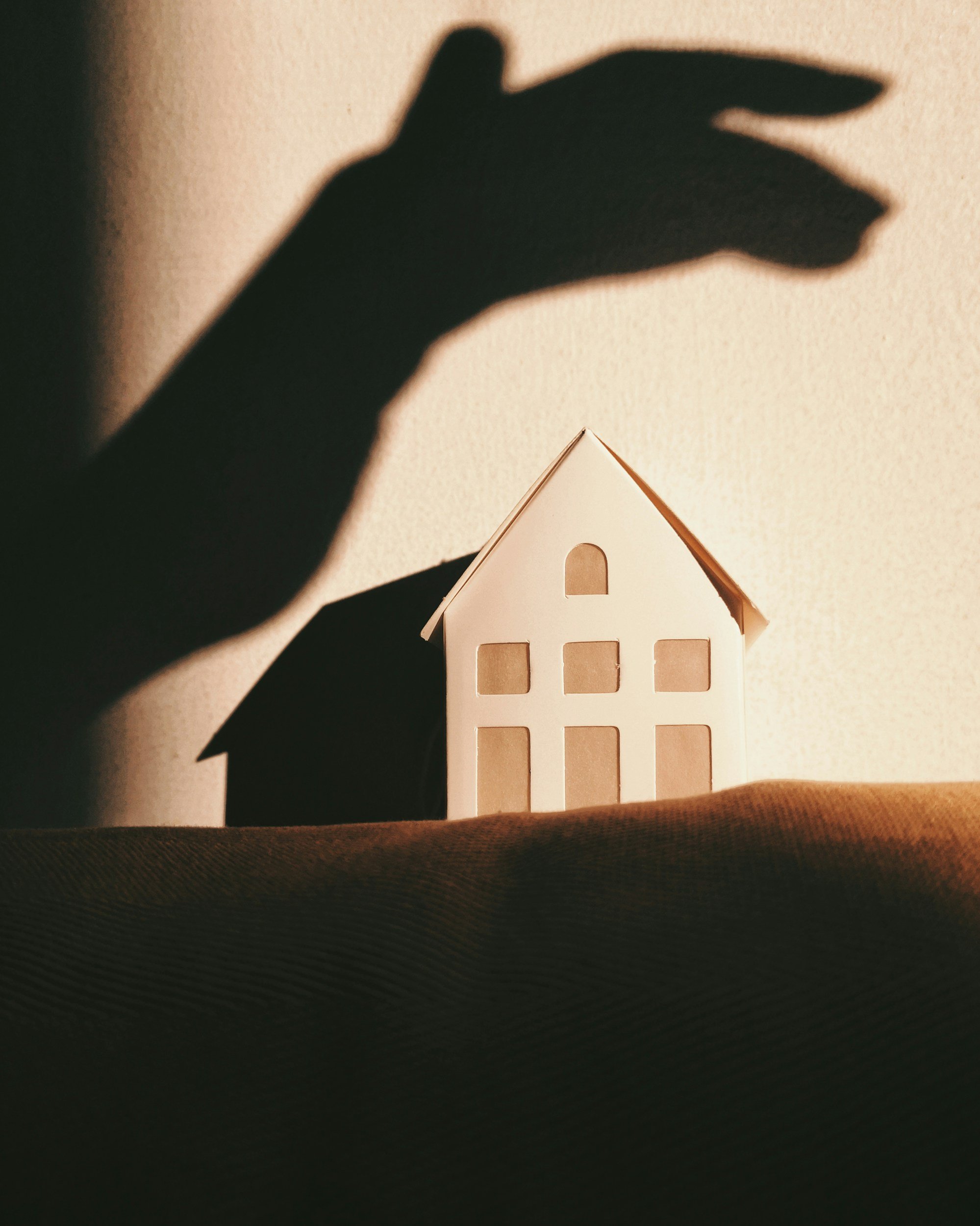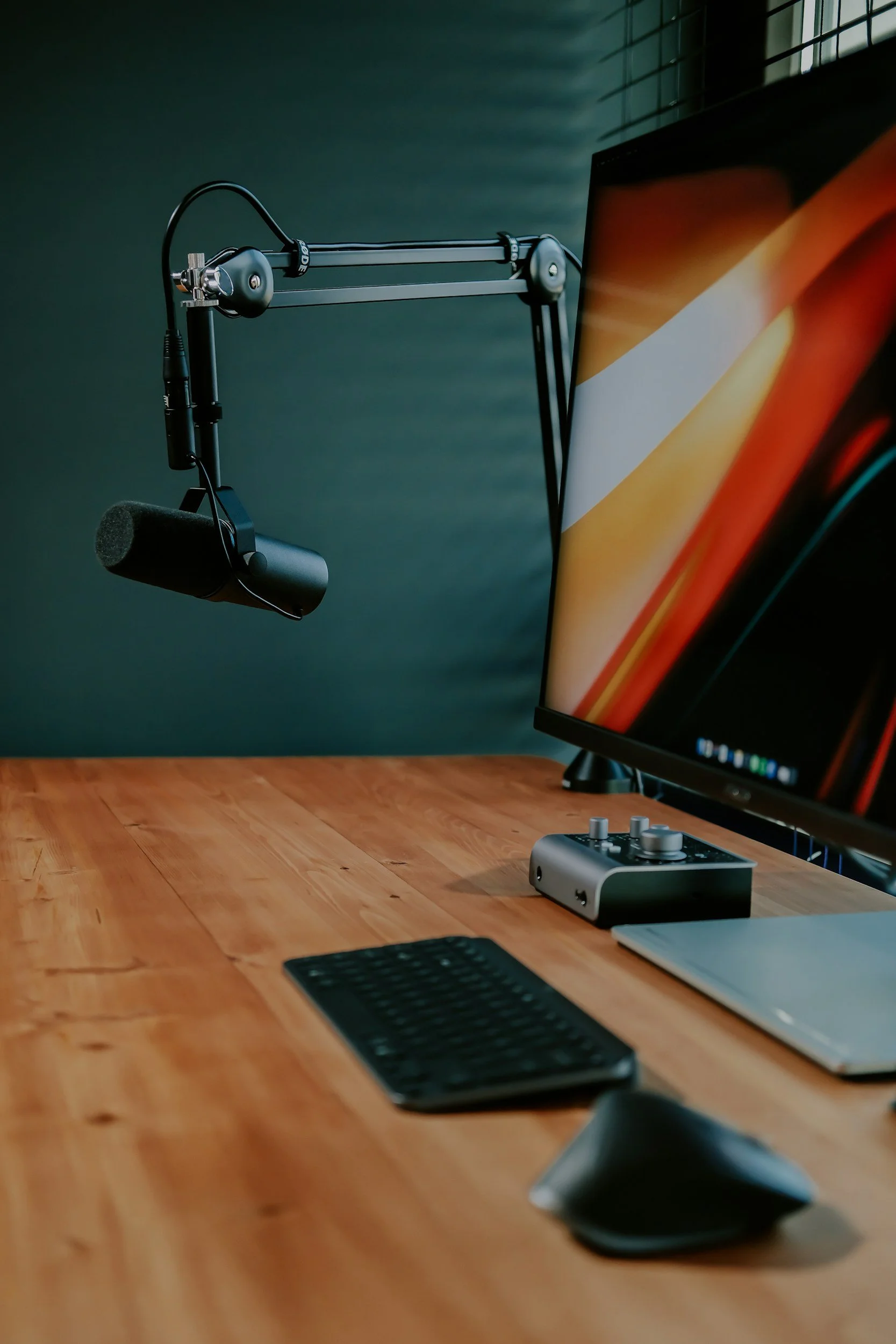The Role of Dopamine in Anxiety: Why Some Coping Strategies Backfire
Dopamine plays a key role in anxiety, motivation, and reward-seeking behaviors. Learn how dopamine-driven coping strategies—like social media, caffeine, and avoidance—can sometimes make anxiety worse and what to do instead.
Mindful Techniques for Anxiety Relief: How to Stay Present and Calm
Anxiety can make you feel stuck in worry, but mindfulness offers relief. Learn simple, effective mindful techniques to calm your mind and reduce anxiety in the moment.
Five Strategies for Academic Performance Anxiety: How to Manage Stress and Succeed
Struggling with academic performance anxiety? Learn five effective strategies to manage stress, overcome perfectionism, and perform your best without burnout.
Can SSP Help with Chronic Illness? The Link Between Stress, Inflammation, and Healing
Chronic illness and stress are deeply connected. Learn how the Safe and Sound Protocol (SSP) can support nervous system regulation, reduce inflammation, and promote healing.
Anxiety Therapy in Rathdrum, ID: A Quiet Space to Feel Less Overwhelmed
Rathdrum offers the kind of small-town calm many people crave but that doesn’t mean everyone who lives here feels at ease. Anxiety doesn’t care if the world outside is quiet. If your inner world feels loud, scattered, or weighed down, therapy can help.
Perfectionism in Gay Men: How Unrealistic Expectations Fuel Anxiety
Many gay men struggle with perfectionism, feeling pressure to be successful, attractive, and confident. Learn how unrealistic expectations fuel anxiety—and how to break free.
Tips to Naturally Reduce Anxiety
Anxiety impacts millions of people across the world. It’s one of the most common mental health conditions and can affect everyone just a little bit differently.



















